
Chitré: Heartbeat of Panama's Azuero Peninsula
Nestled in the Azuero Peninsula, Chitré is a charming city known for its rich cultural heritage and vibrant festivals. As the capital of Herrera Province, it serves as a bustling hub for both locals and visitors. The city is famous for its colonial architecture, which gives it a timeless appeal. Wandering through the streets, you will find beautifully preserved buildings, colorful murals, and lively public squares that offer a glimpse into the past. Chitré is also a gateway to Panama’s traditional celebrations. Visitors can experience the authentic Panamanian spirit during events like the Corpus Christi festival, where traditional dances, music, and costumes bring the city to life. These festivals are a feast for the senses and provide a unique opportunity to immerse yourself in local culture. The city's vibrant markets are another highlight. The Mercado Público de Chitré offers a variety of local products, from fresh produce to handcrafted goods. Here, you can taste local delicacies and interact with friendly vendors who are always eager to share stories about their crafts. Chitré is also known for its proximity to beautiful natural attractions such as the Sarigua National Park, making it an ideal destination for both cultural enthusiasts and nature lovers.
Local tips in Chitre
- Visit during the Corpus Christi festival to experience traditional Panamanian dances and music.
- Explore the Mercado Público de Chitré early in the morning for the freshest produce and unique handcrafted goods.
- Take a day trip to Sarigua National Park for stunning landscapes and a glimpse of Panama's natural beauty.
- Wear comfortable shoes as the best way to explore Chitré is on foot, especially the historic downtown area.
- Learn a few basic Spanish phrases; while many locals are friendly, they may not speak English fluently.
Chitré: Heartbeat of Panama's Azuero Peninsula
Nestled in the Azuero Peninsula, Chitré is a charming city known for its rich cultural heritage and vibrant festivals. As the capital of Herrera Province, it serves as a bustling hub for both locals and visitors. The city is famous for its colonial architecture, which gives it a timeless appeal. Wandering through the streets, you will find beautifully preserved buildings, colorful murals, and lively public squares that offer a glimpse into the past. Chitré is also a gateway to Panama’s traditional celebrations. Visitors can experience the authentic Panamanian spirit during events like the Corpus Christi festival, where traditional dances, music, and costumes bring the city to life. These festivals are a feast for the senses and provide a unique opportunity to immerse yourself in local culture. The city's vibrant markets are another highlight. The Mercado Público de Chitré offers a variety of local products, from fresh produce to handcrafted goods. Here, you can taste local delicacies and interact with friendly vendors who are always eager to share stories about their crafts. Chitré is also known for its proximity to beautiful natural attractions such as the Sarigua National Park, making it an ideal destination for both cultural enthusiasts and nature lovers.
When is the best time to go to Chitre?
Iconic landmarks you can’t miss
Gran Hotel Azuero
Discover luxury and comfort at Gran Hotel Azuero in Chitré, where modern amenities meet the charm of Herrera Province.
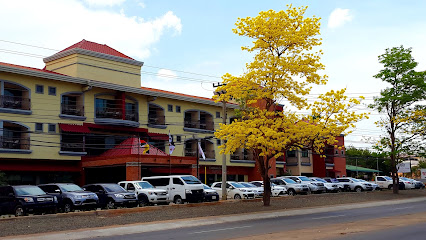
Monumento a Goethals
Explore the Monumento a Goethals in Panama City: A stunning tribute to engineering excellence and a symbol of Panama's rich history.
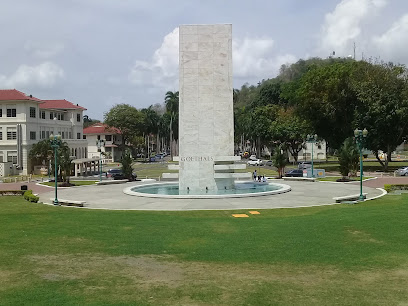
Independence Square
Explore Independence Square in Panama City - a vibrant park that embodies the heart of Panama's history and culture, perfect for leisurely strolls and local events.
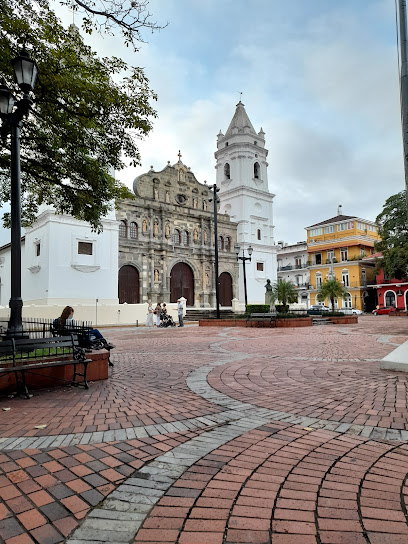
Arco Chato
Explore Arco Chato, a stunning historical landmark in Panama City, and immerse yourself in the rich cultural heritage and vibrant local atmosphere.
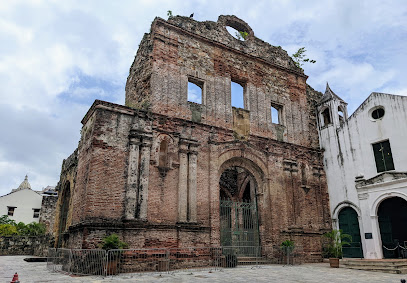
Hotel Versalles
Discover comfort and elegance at Hotel Versalles, your perfect base in Chitré, Panama for exploring local culture and attractions.
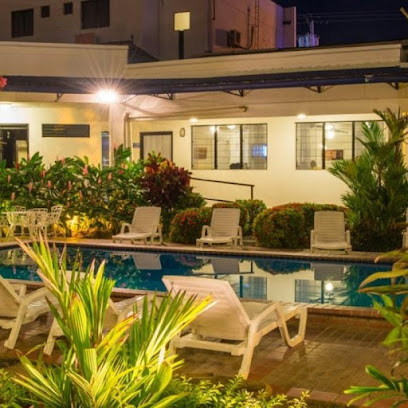
Hotel Los Guayacanes
Discover the comfort of Hotel Los Guayacanes in Chitré, where relaxation meets local charm and delicious dining options await.
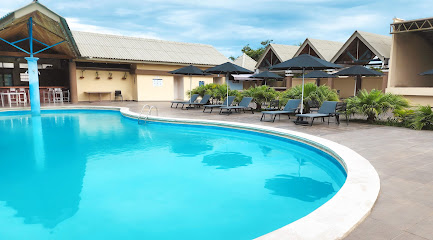
Macchiato Café Bistró
Discover a blend of local flavors and cozy ambiance at Macchiato Café Bistró in Chitré, the perfect culinary experience for tourists in Panama.
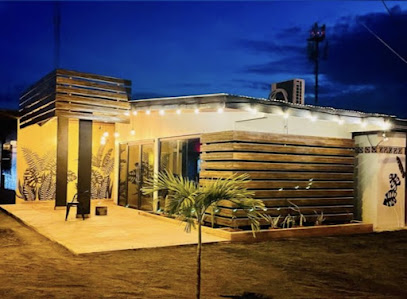
Hotel Cubitá
Discover comfort and local charm at Hotel Cubitá, a perfect retreat in Chitré, Herrera Province, for every traveler seeking a unique Panamanian experience.

Casino Azuero
Discover the excitement of Casino Azuero in Chitre, where gaming, dining, and entertainment come together for an unforgettable experience.
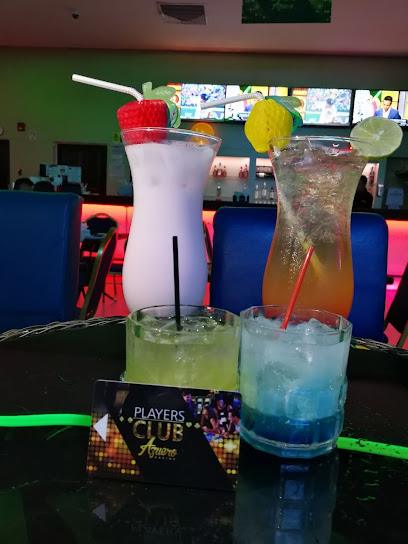
Hotel La Amistad Chitre
Discover comfort and romance at Hotel La Amistad Chitre, your perfect base for exploring the vibrant culture of Herrera Province, Panama.
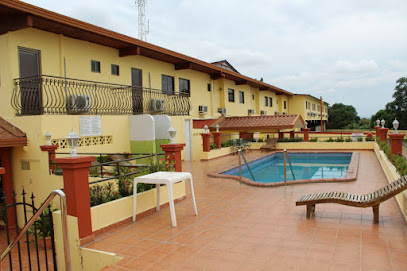
Monument of the Flag of Panama
Explore the Monument of the Flag of Panama, a stunning tribute to national pride and a vital part of the country's rich historical landscape.
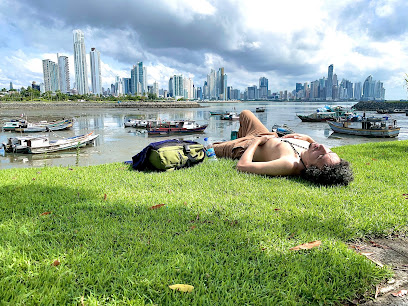
Monument to Vasco Nunez of Balboa
Visit the Monument to Vasco Nunez of Balboa in Panama City, a stunning tribute to exploration and history surrounded by beautiful landscapes.
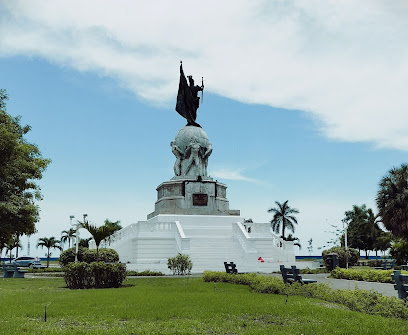
Church of the Society of Jesus
Explore the Church of the Society of Jesus, a historical landmark in Panama City known for its stunning Baroque architecture and rich cultural significance.
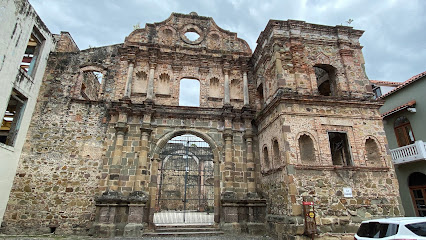
Monumento al canal de Panama
Explore the Monument to the Panama Canal, an iconic tribute to engineering brilliance and a key historical landmark in Panama City.
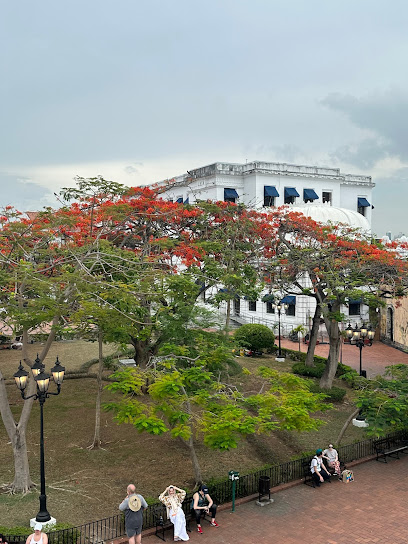
Mezquita de Chitré
Discover the Mezquita de Chitré, a cultural landmark in Panama showcasing the beauty of Islamic architecture amidst the vibrant Herrera Province.
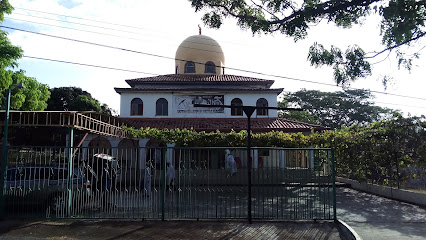
Unmissable attractions to see
Belisario Porras Park
Explore the serene beauty of Belisario Porras Park in Las Tablas - a perfect blend of nature, culture, and community spirit.
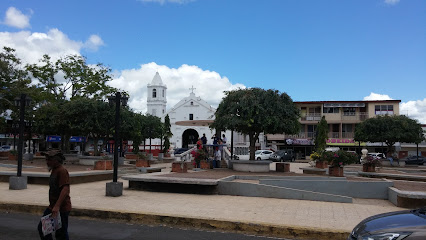
Hotel Versalles
Discover the perfect blend of comfort and culture at Hotel Versalles, your gateway to exploring Chitré, Panamá's vibrant heritage and attractions.
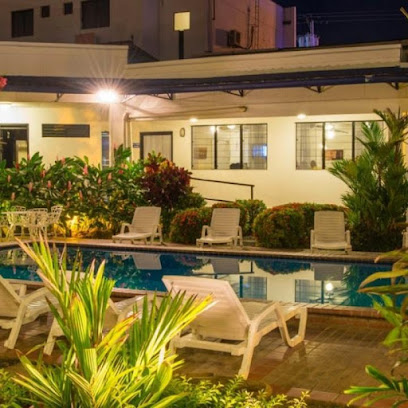
Chorro Las Mozas
Discover the beauty of Chorro Las Mozas, a stunning waterfall in Anton Valley offering adventure, relaxation, and incredible nature experiences.
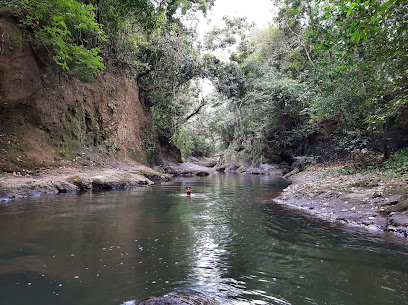
Casino Azuero
Discover the thrills of gaming, dining, and entertainment at Casino Azuero in Chitre, a top tourist attraction in Herrera Province, Panama.
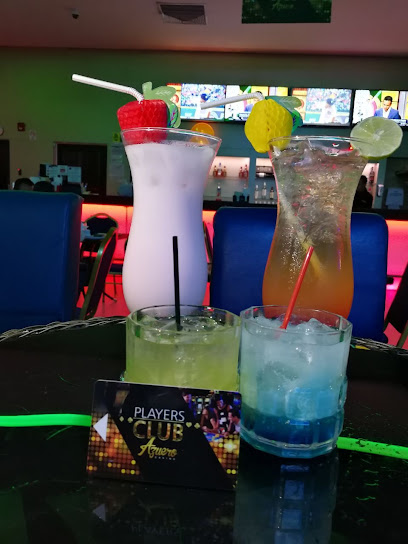
Chitra, Calobre
Experience the serene beauty and rich culture of Chitra, Calobre, a hidden gem in Veraguas Province, Panama.
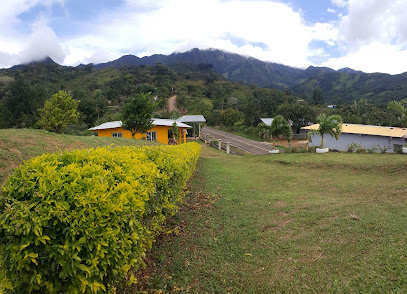
Chorro El Retiro
Explore the breathtaking Chorro El Retiro in Coclé Province, Panama, a hidden gem perfect for nature lovers and adventure seekers.
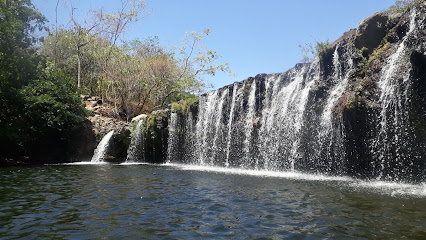
Essential places to dine
Salsa y Carbón Restaurante
Discover authentic Panamanian cuisine at Salsa y Carbón Restaurante in Chitré – a culinary gem where tradition meets flavor.
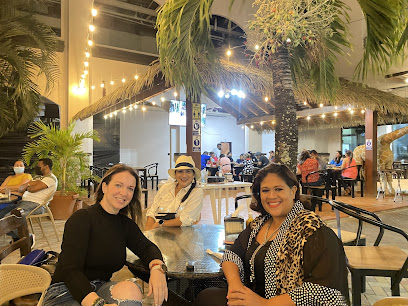
Cevichería Tío Caimán
Discover fresh ceviche and vibrant flavors at Cevichería Tío Caimán in Chitré – an unmissable culinary experience in Panama.
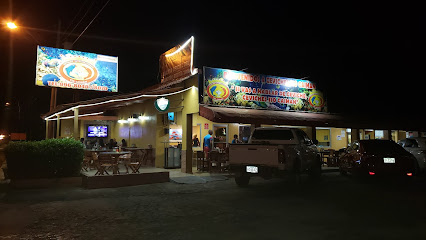
Restaurante Buenísimo
Discover authentic Panamanian flavors at Restaurante Buenísimo in Chitré, where every meal is a celebration of local cuisine.
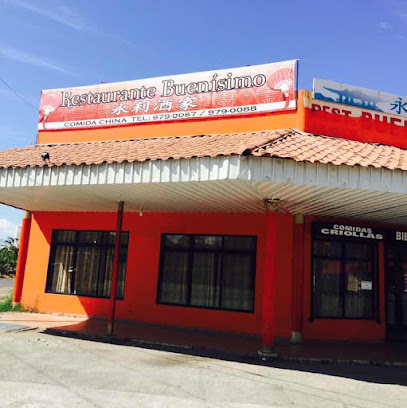
Restaurante La Frankeria
Experience affordable gourmet flavors at Restaurante La Frankeria in Chitre - where fast food meets delightful Panamanian cuisine.
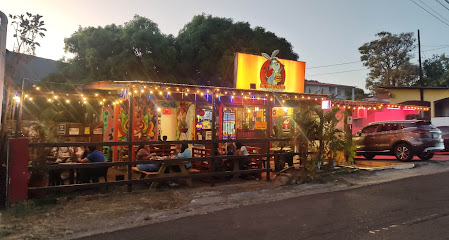
Oh Toro Ramen & Sushi | Chitré
Discover authentic Japanese flavors at Oh Toro Ramen & Sushi in Chitré – where every meal is an unforgettable culinary journey.
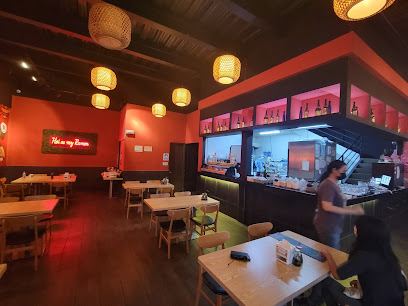
Restaurante Wongwong
Discover authentic Panamanian cuisine at Restaurante Wongwong in Chitré - where local flavors meet warm hospitality.
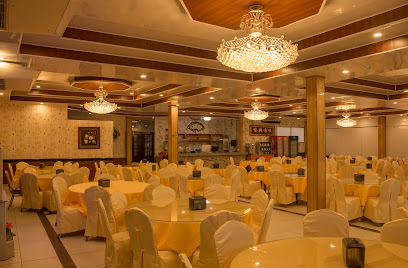
Restaurante y refresquería café chiquito
Experience authentic Panamanian cuisine at Restaurante y refresquería café chiquito in Chitré – a cozy spot with delicious local flavors.
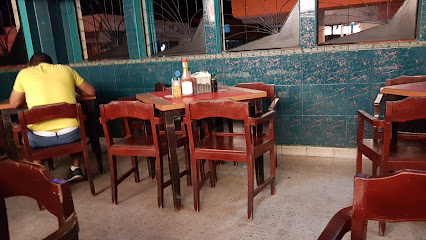
Restaurante Los Alacranes
Discover authentic Panamanian flavors at Restaurante Los Alacranes in Chitre – where every meal is a celebration of local culture.
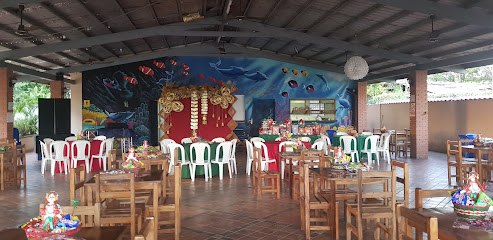
El Arabe
Discover authentic Panamanian cuisine at El Arabe in Chitré – where every meal tells a story of flavor and tradition.
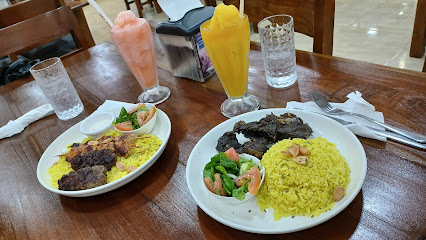
Estambul Restaurante
Discover the culinary delights at Estambul Restaurante, where family-friendly dining meets authentic Panamanian flavors in Chitré.
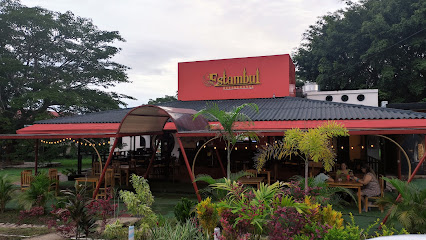
Fonda Darmir, La Bendicion Del Buen Comer 1
Experience authentic Panamanian flavors at Fonda Darmir in Chitre – where every meal tells a story of culinary heritage.
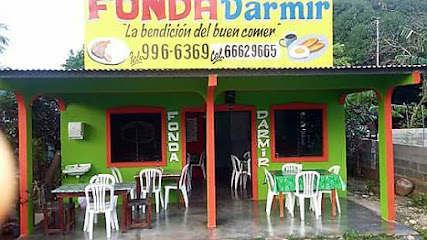
Restaurante El Balo
Experience authentic Panamanian cuisine at Restaurante El Balo in Chitré - where every dish tells a story.
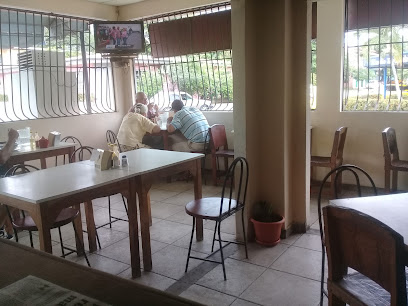
Bocas House
Discover authentic Panamanian cuisine at Bocas House in Chitré – where every dish tells a story and every visit feels like home.
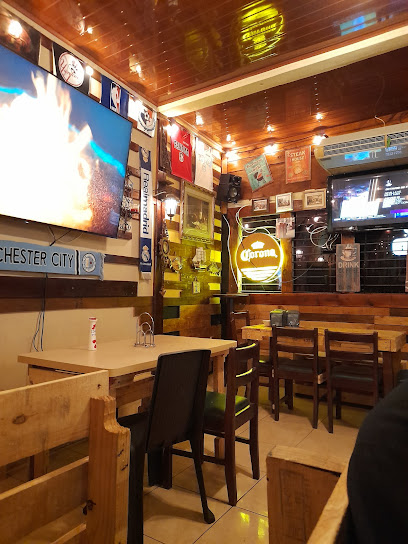
Steak House Chitré
Discover the vibrant flavors at Steak House Chitré – a barbecue paradise in Herrera Province offering delectable grilled delights.
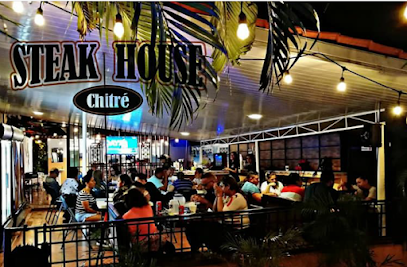
Restaurante Gastro Rincón
Discover exquisite Panamanian flavors at Restaurante Gastro Rincón in Chitré – where every meal tells a story.
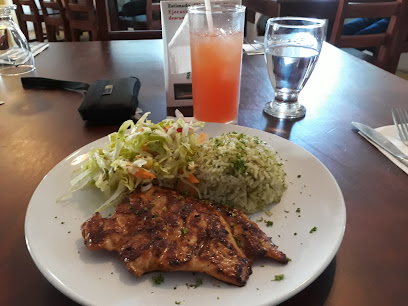
Markets, malls and hidden boutiques
El Campeón | Chitré
Explore the vibrant world of fashion and local culture at El Campeón, the premier department store in Chitré, Panama.
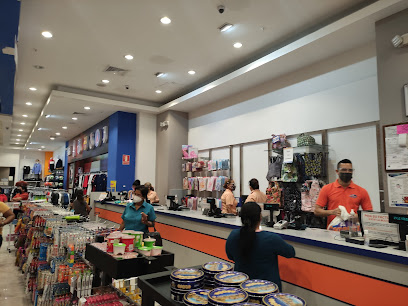
Mall Paseo Central • Chitré
Discover the vibrant Mall Paseo Central in Chitré, where shopping, dining, and entertainment blend seamlessly in a delightful atmosphere.
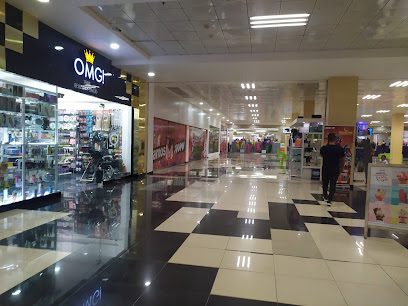
Spiegel | Chitré
Discover Spiegel in Chitré, Panama – your one-stop destination for high-quality building materials and exceptional customer service.
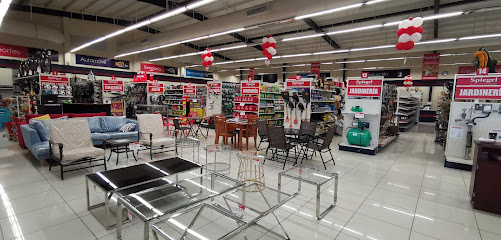
Auto Centro | Chitré
Discover Auto Centro in Chitré - your ultimate destination for auto parts, repairs, and accessories in Herrera Province.
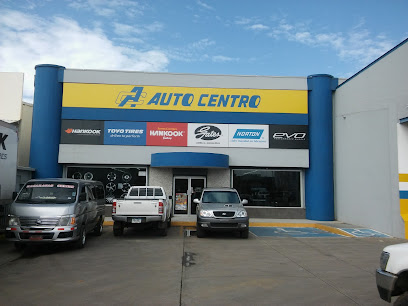
Todo A Dollar | Chitré
Explore Todo A Dollar in Chitré for unbeatable prices on local goods and souvenirs, a perfect stop for budget-conscious travelers seeking authentic Panama.
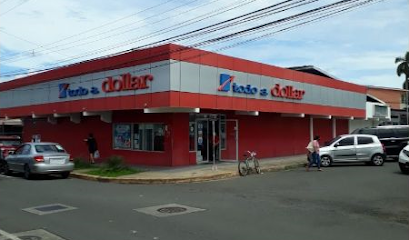
Ricardo Pérez • Chitré
Discover the ultimate Toyota experience in Chitré at Ricardo Pérez, where quality vehicles and exceptional service await every visitor.
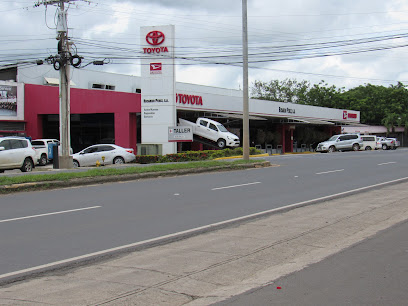
Hopsa | Chitré
Explore Hopsa in Chitré, a premier destination for building materials, where local craftsmanship meets quality supplies in Panama.
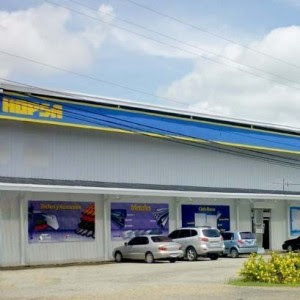
Importadora Americana Chitré
Explore the vibrant shopping experience at Importadora Americana Chitré, where clothing, boots, and furniture reflect the essence of Panamanian culture.
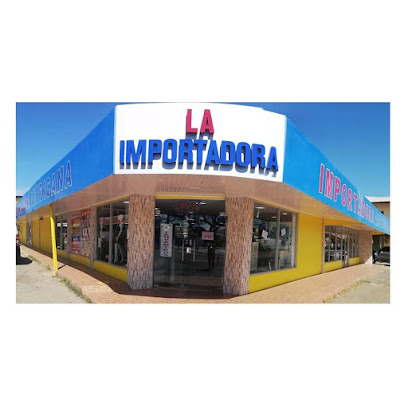
T-Shirts Boutique
Explore the vibrant T-Shirts Boutique in Chitré for unique designs and local flair, perfect for souvenirs or casual wear during your travels.
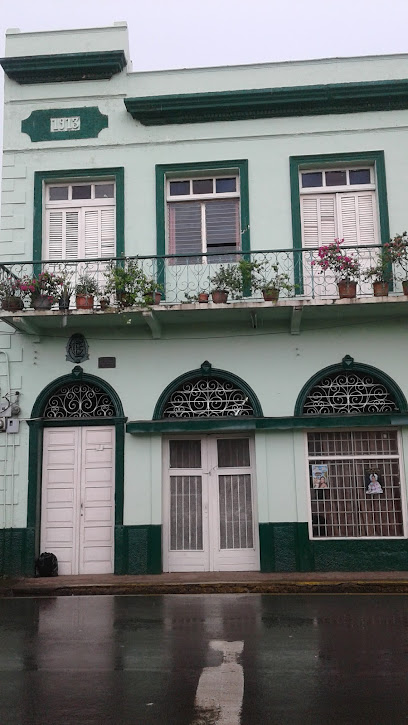
Dalicyn Moda Típica
Explore authentic Panamanian fashion at Dalicyn Moda Típica in Chitre, where every piece tells a story of culture and craftsmanship.
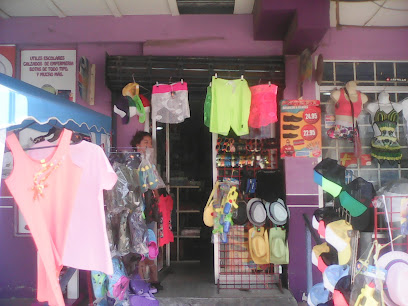
DAYANNA SHOP PANAMA/Chitré
Explore the enchanting Dayanna Shop Panama in Chitré for unique Panamanian crafts, fashion, and souvenirs that embody local culture.
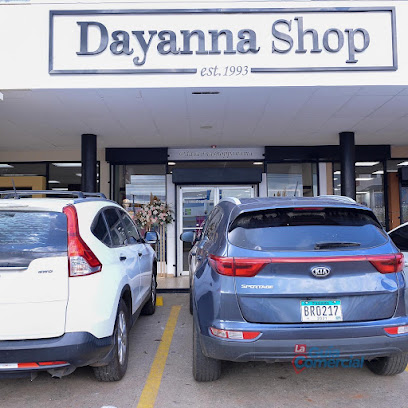
Special Moment by Yaky
Discover the charm of Special Moment by Yaky in Chitre, where unique gifts and personalized party supplies await to make your special occasions unforgettable.
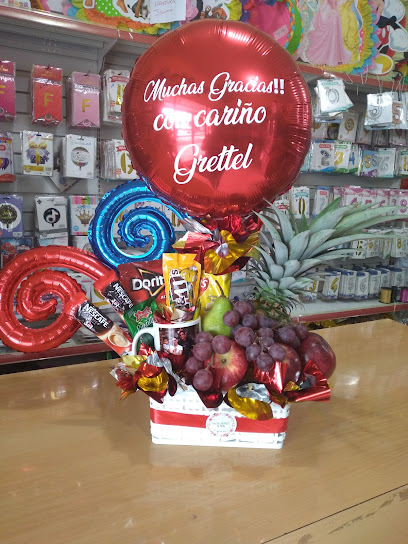
SAAP Reliquias and Stuff
Discover hidden gems and unique treasures at SAAP Reliquias and Stuff, Chitre's premier antique store for collectors and enthusiasts.
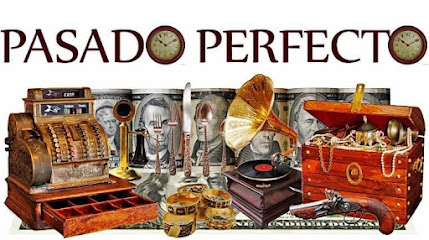
FARMACIAS DEVI
Discover FARMACIAS DEVI in Chitré, your go-to pharmacy for quality health products and expert advice during your travels in Panama.
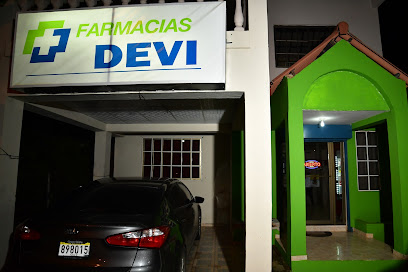
DXN CHITRÉ, PUNTO DE ENTREGA
Explore the best of organic food and local produce at DXN Chitré, your go-to spot for healthy living in Herrera Province.
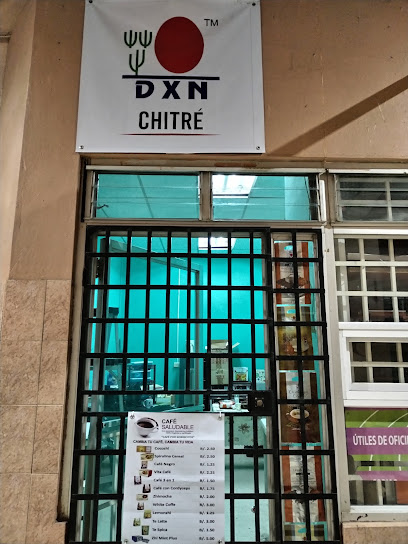
Essential bars & hidden hideouts
Club 1 de Enero
Discover the lively spirit of Chitre at Club 1 de Enero, where affordable drinks and a vibrant atmosphere await every traveler.
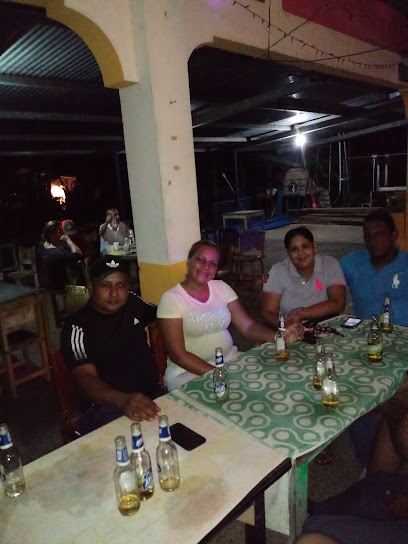
zonachill
Experience the vibrant flavors of Herrera Province at Zonachill, where every meal is a celebration of local culinary traditions and warm hospitality.
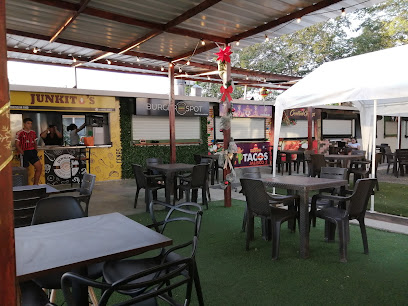
El Torcal
Discover the vibrant nightlife at El Torcal bar in Chitre, featuring a lively atmosphere and a diverse drink menu to suit every taste.
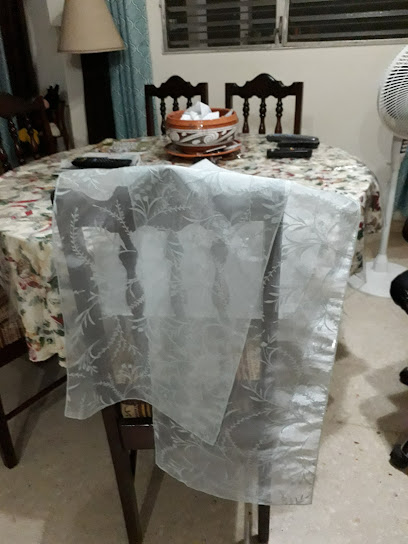
Club BACODEM
Discover the lively Club BACODEM in Chitré, a hotspot for locals and tourists to enjoy drinks, music, and vibrant nightlife amidst the beauty of Herrera Province.
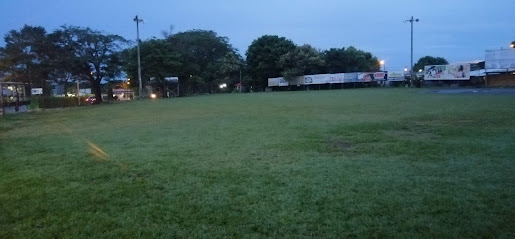
Bar Cañazalinda
Experience the vibrant nightlife of Chitre at Bar Cañazalinda, where lively music and refreshing drinks create an unforgettable atmosphere.
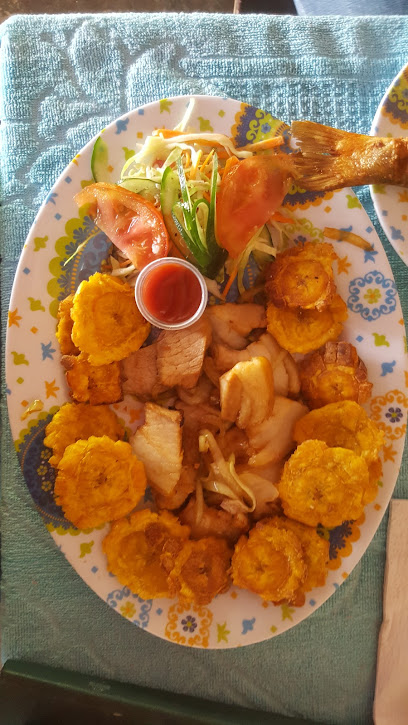
King's Club
Experience vibrant nightlife at King's Club, Chitré's favorite bar for refreshing drinks, billiards, and a friendly atmosphere.
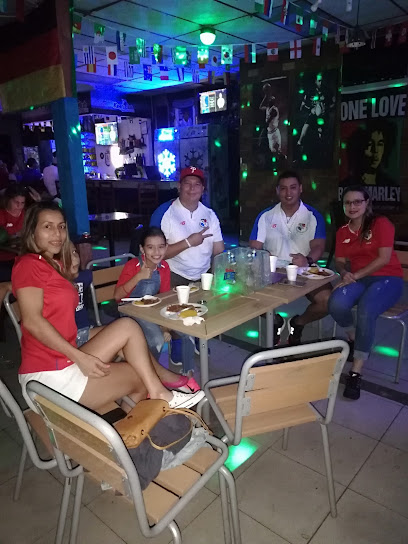
BAR EL FOITO
Discover authentic Panamanian flavors at Bar El Foito in Chitre, the perfect grill bar for an unforgettable dining experience.
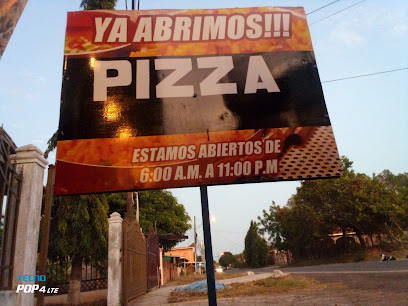
Joron Deportivo
Join the excitement at Joron Deportivo, Chitré's top sports bar, featuring live games, delicious food, and a vibrant atmosphere for all sports enthusiasts.
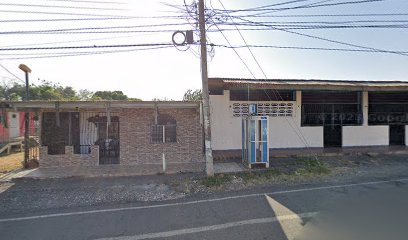
Jardín Chitré
Experience the lively atmosphere and local flavors of Jardín Chitré, a must-visit bar in Chitré, Herrera Province, for an unforgettable night out.
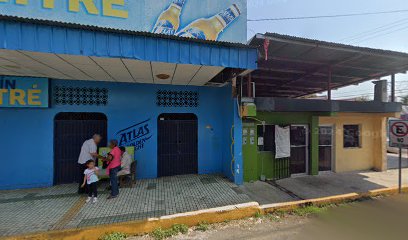
Bar El Compadre
Experience the vibrant nightlife of Chitre at Bar El Compadre, where great drinks and good company await you in Herrera Province.
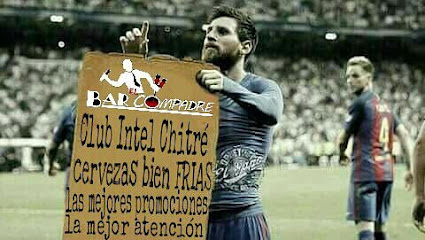
Bar 19 de Octubre
Experience the vibrant nightlife of Chitre at Bar 19 de Octubre, where friendly service meets an inviting atmosphere for unforgettable moments.
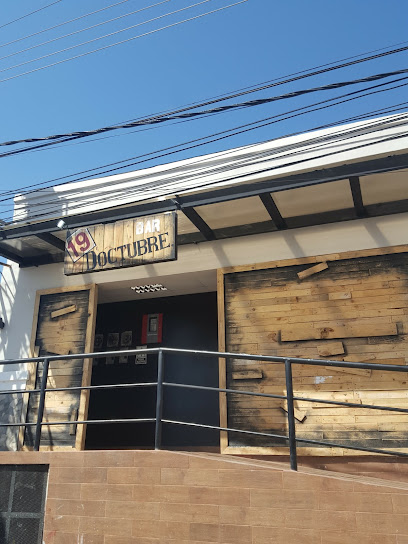
Sport Bar Pa Llevar
Discover the lively atmosphere of Sport Bar Pa Llevar in Chitré, where great drinks meet vibrant local culture for an unforgettable night out.
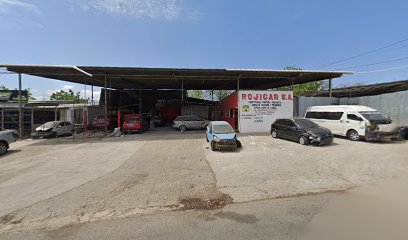
Ñiky´s Bar
Discover the essence of Chitré's nightlife at Ñiky's Bar, where local flavors and vibrant ambiance create unforgettable experiences.
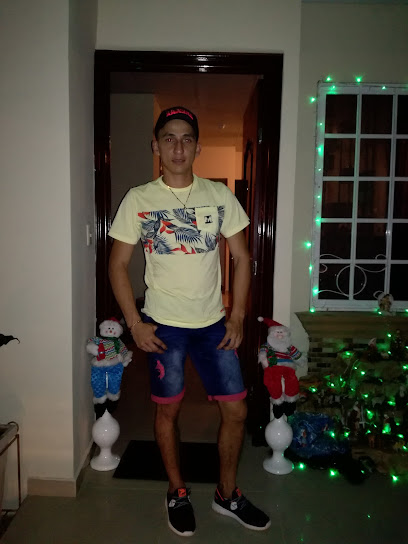
Bar La Boa
Discover the vibrant spirit of Chitré at Bar La Boa, a lively bar offering a delightful mix of local and international drinks in a charming atmosphere.
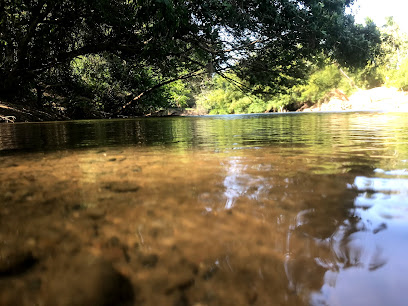
Local Phrases
-
- HelloHola
[oh-lah] - GoodbyeAdiós
[ah-dee-ohs] - YesSí
[see] - NoNo
[noh] - Please/You're welcomePor favor/De nada
[pohr fah-vohr/deh nah-dah] - Thank youGracias
[grah-see-ahs] - Excuse me/SorryPerdón/Lo siento
[pehr-dohn/loh see-ehn-toh] - How are you?¿Cómo estás?
[koh-moh ehs-tahs] - Fine. And you?Bien. ¿Y tú?
[byehn. ee too] - Do you speak English?¿Hablas inglés?
[ah-blahs een-glehs] - I don't understandNo entiendo
[noh ehn-tyehn-doh]
- HelloHola
-
- I'd like to see the menu, pleaseMe gustaría ver el menú, por favor
[meh goo-stah-ree-ah vehr ehl meh-noo, pohr fah-vohr] - I don't eat meatNo como carne
[noh koh-moh kahr-neh] - Cheers!¡Salud!
[sah-lood] - I would like to pay, pleaseMe gustaría pagar, por favor
[meh goo-stah-ree-ah pah-gahr, pohr fah-vohr]
- I'd like to see the menu, pleaseMe gustaría ver el menú, por favor
-
- Help!¡Ayuda!
[ah-yoo-dah] - Go away!¡Vete!
[veh-teh] - Call the Police!¡Llama a la Policía!
[yah-mah ah lah poh-lee-see-ah] - Call a doctor!¡Llama a un médico!
[yah-mah ah oon meh-dee-koh] - I'm lostEstoy perdido
[ehs-toy pehr-dee-doh] - I'm illEstoy enfermo
[ehs-toy ehn-fehr-moh]
- Help!¡Ayuda!
-
- I'd like to buy...Me gustaría comprar...
[meh goo-stah-ree-ah kohm-prahr...] - I'm just lookingSolo estoy mirando
[soh-loh ehs-toy mee-rahn-doh] - How much is it?¿Cuánto cuesta?
[kwan-toh kwehs-tah] - That's too expensiveEso es demasiado caro
[eh-soh ehs deh-mah-see-ah-doh kah-roh] - Can you lower the price?¿Puedes rebajar el precio?
[pweh-dehs reh-bah-hahr ehl pree-syoh]
- I'd like to buy...Me gustaría comprar...
-
- What time is it?¿Qué hora es?
[keh oh-rah ehs] - It's one o'clockEs la una
[ehs lah oo-nah] - Half past (10)Las diez y media
[lahs dyehs ee meh-dee-ah] - MorningMañana
[mah-nyah-nah] - AfternoonTarde
[tahr-deh] - EveningNoche
[noh-cheh] - YesterdayAyer
[ah-yehr] - TodayHoy
[oy] - TomorrowMañana
[mah-nyah-nah] - 1Uno
[oo-noh] - 2Dos
[dohs] - 3Tres
[trehs] - 4Cuatro
[kwah-troh] - 5Cinco
[seen-koh] - 6Seis
[seys] - 7Siete
[syeh-teh] - 8Ocho
[oh-choh] - 9Nueve
[nweh-veh] - 10Diez
[dyehs]
- What time is it?¿Qué hora es?
-
- Where's a/the...?¿Dónde está...?
[dohn-deh ehs-tah] - What's the address?¿Cuál es la dirección?
[kwal ehs lah dee-rehk-syohn] - Can you show me (on the map)?¿Puedes mostrarme (en el mapa)?
[pweh-dehs mohs-trar-meh (ehn ehl mah-pah)] - When's the next (bus)?¿Cuándo es el próximo (autobús)?
[kwan-doh ehs ehl proh-ksee-moh (ow-toh-boos)] - A ticket (to ....)Un boleto (a ...)
[oon boh-leh-toh (ah ...)]
- Where's a/the...?¿Dónde está...?
History of Chitre
-
Chitré, the capital of the Herrera Province in Panama, was founded on October 19, 1848. It was established by a group of settlers led by Juan Elias Mora. The city was strategically located near the La Villa River, which provided essential resources and facilitated trade and communication with other regions.
-
During the colonial period, Chitré became an important hub for Spanish settlers. The city’s architecture and urban layout reflect Spanish colonial influence, which can still be seen in many of its historic buildings and churches, such as the Parroquia San Juan Bautista. The colonial era also saw the establishment of Chitré as a center for agricultural and cattle farming activities.
-
Chitré played a significant role in Panama’s journey towards independence from Spain, which was achieved on November 28, 1821. The city’s residents were actively involved in nationalist movements that sought to establish a distinct Panamanian identity. The celebrations of national holidays in Chitré are particularly vibrant, showcasing traditional music, dance, and attire that reflect the city’s patriotic spirit.
-
Throughout the 20th century, Chitré experienced significant economic growth, becoming a commercial and industrial hub in the Azuero Peninsula. The city’s economy diversified with the introduction of manufacturing, retail, and service industries. Chitré’s central location and well-developed infrastructure, including the Chitré Airport, have made it a key economic center in Panama.
-
Chitré is renowned for its rich cultural heritage and vibrant festivals. One of the most significant is the Festival de la Mejorana, celebrated in nearby Guararé, which showcases traditional Panamanian folk music, dances, and attire. The city also celebrates Carnival with grand parades, elaborate costumes, and lively music, attracting visitors from all over the country and beyond.
-
Chitré is home to several historic landmarks that offer a glimpse into its past. The Museo de Herrera, located in a colonial-era building, houses artifacts and exhibits related to the region’s history and culture. The Parroquia San Juan Bautista, with its impressive baroque architecture, stands as a testament to the city’s colonial heritage and religious significance.
Chitre Essentials
-
Chitre is located in the Herrera Province of Panama. The nearest international airport is Tocumen International Airport in Panama City, approximately 250 kilometers away. From Panama City, you can take a domestic flight to Chitre's Alonso Valderrama Airport, which is a short 45-minute journey. Alternatively, you can travel by bus or car; the drive from Panama City to Chitre takes around 3.5 to 4 hours via the Pan-American Highway.
-
Chitre is a relatively small city, and many attractions are accessible on foot. For longer distances, taxis are readily available and reasonably priced. Public buses operate within the city and connect to nearby towns. For greater flexibility, car rentals are also an option, allowing you to explore the surrounding areas at your own pace.
-
The official currency in Panama is the Balboa (PAB), which is pegged to the U.S. Dollar (USD), and both are used interchangeably. Credit and debit cards are widely accepted in hotels, restaurants, and shops. ATMs are available throughout Chitre, but it is advisable to carry some cash for small purchases or in rural areas where card payment may not be accepted.
-
Chitre is generally a safe destination for tourists. However, like any place, it is essential to take standard precautions. Avoid walking alone at night in unfamiliar areas and be cautious with your belongings in crowded places. While Chitre does not have specific high-crime areas targeting tourists, it is always best to remain vigilant and aware of your surroundings.
-
In case of emergency, dial 911 for immediate assistance. Chitre has local police stations and medical facilities, including the Gustavo Nelson Collado Hospital. It is recommended to have travel insurance that covers medical emergencies. Pharmacies are available in the city for minor health issues, where you can purchase over-the-counter medications.
-
Fashion: Do dress comfortably and modestly. Light, breathable clothing is recommended due to the tropical climate. Avoid overly revealing clothing, especially in religious or formal settings. Religion: Do respect local customs and traditions. When visiting churches, dress modestly and behave respectfully. Public Transport: Do be courteous and offer your seat to elderly passengers. Avoid loud conversations and eating on public transport. Greetings: Do greet people with a friendly 'buenos días' or 'buenas tardes'. A handshake is common when meeting someone for the first time. Eating & Drinking: Do try local dishes and accept food offerings graciously. Don't refuse hospitality, as it may be considered impolite.
-
To experience Chitre like a local, visit the central market (Mercado Público de Chitre) where you can buy fresh produce and local goods. Engage with locals, who are often friendly and willing to share stories about their culture and traditions. Don't miss the annual Azuero International Fair, a significant cultural event showcasing local crafts, food, and entertainment. For a unique experience, take a trip to nearby La Arena, known for its traditional pottery and artisanal bread.
Trending Landmark in Chitre
-
Gran Hotel Azuero
-
Monumento a Goethals
-
Independence Square
-
Arco Chato
-
Hotel Versalles
-
Hotel Los Guayacanes
-
Macchiato Café Bistró
-
Hotel Cubitá
-
Casino Azuero
-
Hotel La Amistad Chitre
-
Monument of the Flag of Panama
-
Monument to Vasco Nunez of Balboa
-
Church of the Society of Jesus
-
Monumento al canal de Panama
-
Mezquita de Chitré
Nearby Cities to Chitre
-
Things To Do in Las Tablas
-
Things To Do in Panama City
-
Things To Do in Colon
-
Things To Do in Portobelo
-
Things To Do in David
-
Things To Do in San Blas Islands
-
Things To Do in Boquete
-
Things To Do in Bocas del Toro
-
Things To Do in Volcan
-
Things To Do in Puerto Viejo
-
Things To Do in Manuel Antonio
-
Things To Do in San Jose
-
Things To Do in Jaco
-
Things To Do in La Fortuna
-
Things To Do in Monteverde




